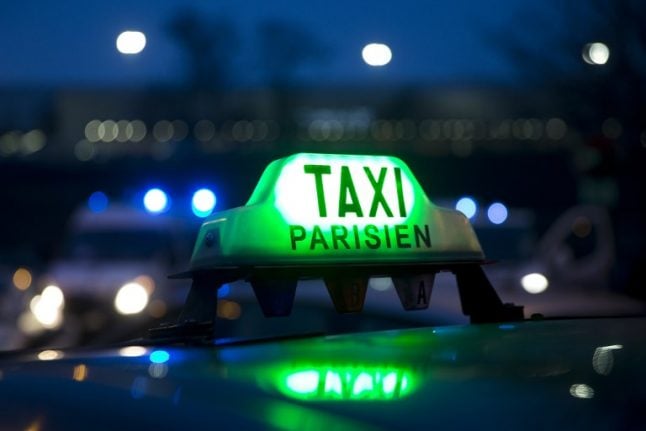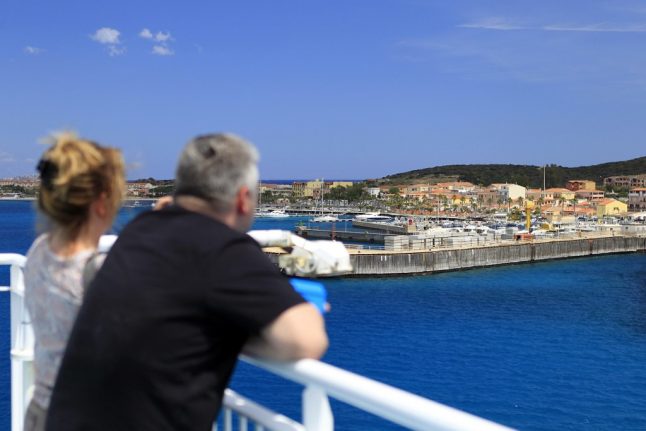CDG airport has introduced new “official airport taxis” (Taxi Officiel Aéroport) which will be available from 5am to 11pm everyday at specific taxi ranks.
The ranks will be easier to locate for those tourists who are regularly confused by the signage at the country's biggest airport.
Around 40 taxi drivers will now wear numbered blue vests so tourists can easily spot them and help them detect which drivers might be fake.
“The hunt for illegal taxi drivers is a public safety priority,” said Paris police chief Michel Delpuech.
“Taxi services are part of the welcoming,” said Delpuech adding that illegal drivers have a huge negative impact on the economy and tourism.
The problem of illegal taxi drivers at CDG airport has increased in recent years with 918 drivers stopped by police in 2018 compared to 243 in 2016.
One experienced airport taxi driver told RTL radio: “It's time to react. But we also need police to be on the ground at the airport. The fake taxi drivers taunt us and insult us on a daily basis and things can get violent.”
The issue of illegal taxi drivers was highlighted in November when a couple of tourists from Thailand shared a video online of how they were conned by a cabbie who hit them with a €247 bill for a ride from CDG airport to the centre of Paris.

READ ALSO: What you need to know about taking a taxi in Paris to avoid being conned





 Please whitelist us to continue reading.
Please whitelist us to continue reading.
Member comments